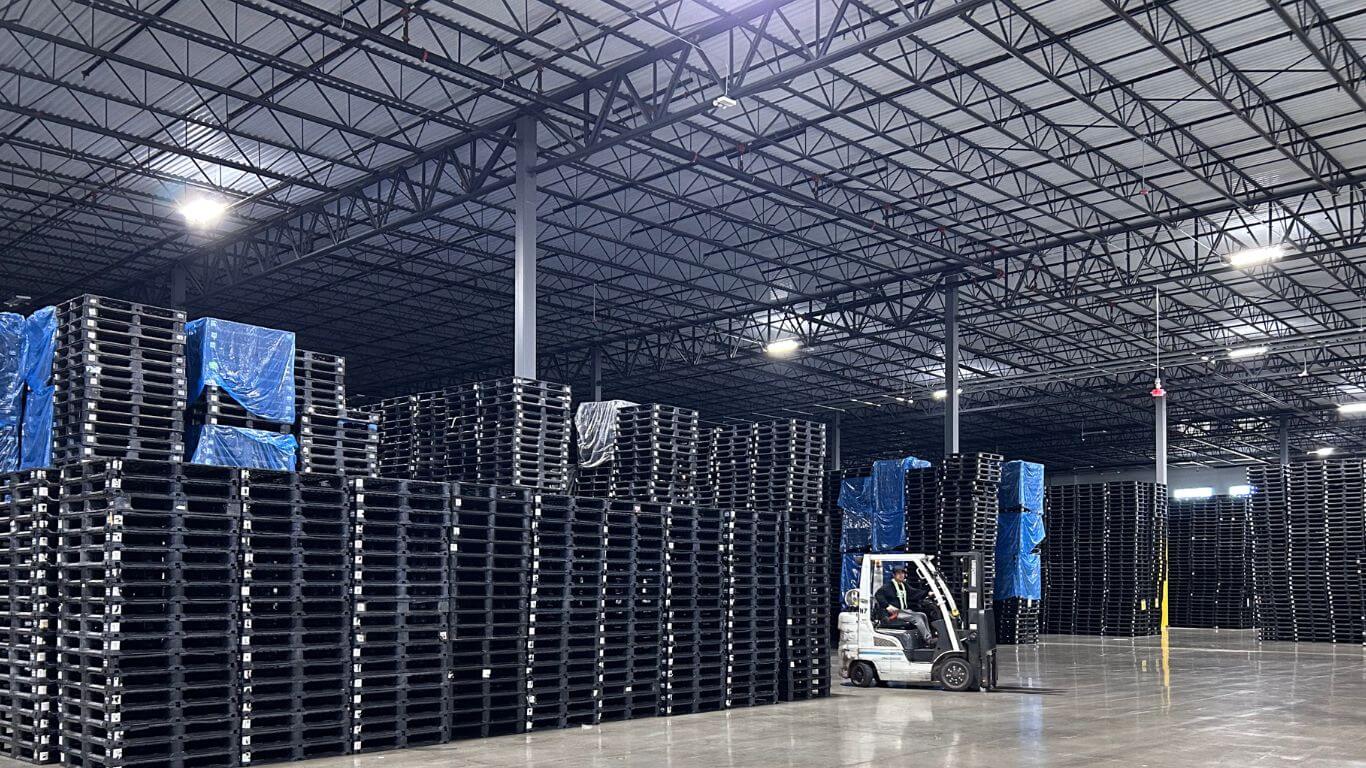For a supply chain to function properly, materials management is paramount. Materials management in the supply chain involves planning for material requirements, determining the amount of materials to be deployed at each stocking location, and establishing plans to maintain inventory levels. Inventory can be raw materials or even finished goods. Communication must be maintained across the supply chain to ensure material management success.
Materials management process
The process of materials management includes all steps from purchasing materials to receiving materials. This includes storage and warehousing, transport, and receiving. Each step has its own goals and process.
- Purchasing: Purchasing the right amount of goods is an important first step to ensure that operations run smoothly. This process can minimize the amount invested in unnecessary storage or wasted space.
- Storage: Preparations must be made to set aside the right amount of storage space to transport goods to their next location. Setting aside a buffer amount of raw materials or products can mitigate the effects of shortages throughout the supply chain.
- Transport: Transporting the correct materials to the right location at the right time is a complicated logistical effort. Many businesses choose to separate transportation into its own department.
- Receiving: In materials management, receiving involves checking and distributing components to the correct customers.
New trends in materials management
After the peak of the pandemic in 2020, companies were forced to rethink their supply chain strategies as a response to new challenges posed by a disrupted supply chain:
- Diversifying supply chain networks: By relying on multiple suppliers instead of one consolidated source, businesses can avoid major production and manufacturing delays. With this approach, supply chain managers can begin to take control of their operations’ future and ensure that their products and services continue to reach customers on time.
- Increasing automation: Many businesses are turning to AI-based tools to manage inventory. The implementation of automation in the warehouse is a crucial step in increasing safety, productivity, and process efficiency; reducing operational costs; and optimizing warehouse space.
Materials management and reusable plastic pallets
The supply chain is ever-changing, and new problems can always arise. Using plastic pallets such as those made by iGPS makes handling products at all stages of the supply chain more efficient and profitable. Each plastic pallet is a consistent and uniform shipping platform that pairs well with automated systems, improves transparency in the supply chain, and saves on costs for supply chain stakeholders.
Companies committed to choosing the right pallet supplier for efficient materials management use plastic pallets from iGPS, which are lightweight, recyclable, and help streamline your supply chain. For more information, contact us at 1-866-557-0047, email switch@igps.net, or visit our contact page. We also invite you to follow us on LinkedIn.



